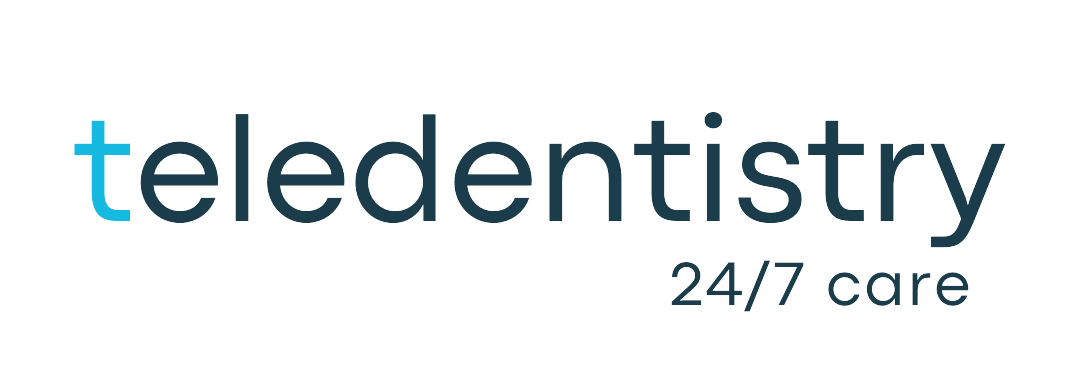Learn About Your Dental Health
Whether you're worried about a cavity, need advice on a wisdom tooth, or want tips on brushing, you'll find it in our resource library. Explore expert insights, guides, and practical dental care advice - all designed to help you maintain a healthy smile.

Resource Library
Discover our expansive hub of knowledge with curated content that dives deep into diverse topics, captivating news, and inspiration to foster learning anytime, anywhere.

Blog Posts
Discover insightful tips, trends, and stories to inspire your journey.

Articles
Discover insightful tips, trends, and stories to inspire your journey.

News
Discover insightful tips, trends, and stories to inspire your journey.

Podcasts
Tune in for conversations that inspire and keep you informed on dentistry.
Emergency Dental Services Available
Need immediate care or peace of mind? Contact us now to talk to a dentist virtually. Don't wait to be seen - call now.
